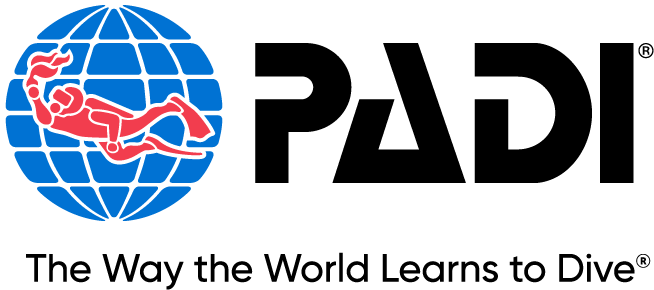
From Pool to Ocean: Transitioning to Open Water Diving Adventure
Transitioning from pool training to open water diving is an exhilarating step for any aspiring diver. While the pool provides a controlled environment for mastering skills, the open ocean introduces new challenges and experiences. This journey marks the evolution of a diver, from the structured confines of training to the boundless wonders of the underwater world. Let’s delve into this transition and explore how divers can smoothly navigate this progression.
- Mastering Skills in the Pool:
- In the controlled setting of a pool, new divers learn fundamental skills such as buoyancy control, mask clearing, and regulator retrieval.
- Pool training offers a safe environment for instructors to closely monitor and guide divers through various exercises.
- Practice sessions in the pool build confidence and muscle memory, essential for handling situations that may arise in open water.
- Understanding Theory and Safety:
- Alongside practical skills, divers undergo theoretical training covering topics like dive physics, physiology, and safety protocols.
- Knowledge gained during classroom sessions equips divers with essential information to understand the underwater environment and mitigate risks.
- Understanding dive tables, dive planning, and emergency procedures are crucial for safe diving practices.
- Transitioning to Open Water:
- The transition from pool to ocean can be both exciting and daunting. Open water environments present new variables such as currents, visibility changes, and marine life encounters.
- Divers must adapt their skills to natural conditions, including managing buoyancy in varying water depths and dealing with potential environmental challenges.
- Open water certification courses provide supervised experiences in real-world diving scenarios, allowing divers to apply their training in ocean settings.
- Overcoming Challenges:
- Transitioning to open water may pose challenges, including anxiety, unfamiliar surroundings, and adapting to different dive conditions.
- Proper preparation and guidance from experienced instructors help divers overcome these hurdles. Building confidence through gradual exposure to open water environments is key.
- Developing situational awareness and problem-solving skills enhances divers’ ability to navigate unfamiliar situations underwater.
- Embracing the Adventure:
- Despite the initial challenges, transitioning to open water diving unlocks a world of adventure and discovery.
- Exploring vibrant coral reefs, encountering marine life, and witnessing underwater landscapes are some of the rewards awaiting divers in the ocean.
- Open water diving fosters a deeper appreciation for marine ecosystems and promotes conservation efforts through firsthand experiences.
Transitioning from pool training to open water diving marks a significant milestone in any diver’s journey. It represents the culmination of skills, knowledge, and confidence acquired during training, opening the door to endless underwater adventures. By mastering skills in controlled environments, understanding theoretical principles, and embracing the challenges of open water, divers can smoothly transition and immerse themselves in the wonders of the ocean.


